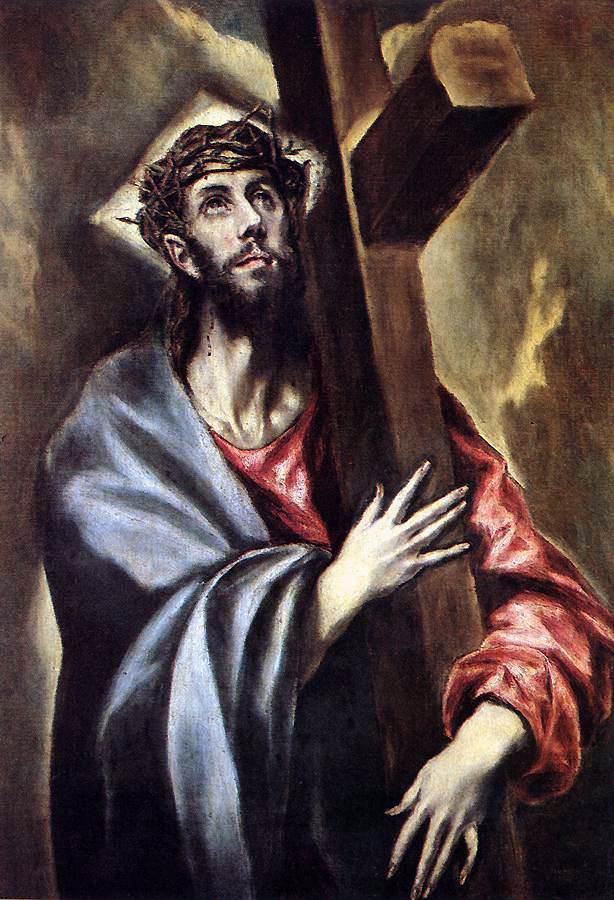
6 January 1924 - 18 August 2009
Yesterday Korea lost a great Catholic leader, the second this year.
Stephen Cardinal Kim Sou-Hwan died on 16 February and former president Kim Dae-jung died in hospital in Seoul.
The Korea Times carries a report
here and
The Korea Herald here.
The Catholic news agency,
Zenit, notes that
L’Osservatore Romano highlights the fact that it was
his Catholic faith that was ‘the secret of his spirit’. Kim became a Catholic in 1957 and took the name ‘Thomas More’ at his baptism. The great English politician martyr is the patron saint of statesmen, politicians and lawyers.

The recent death of Cory Aquino here in the Philippines and now that of Thomas More Kim Dae-jung, show how
people respond to integrity in political leaders, even as they have questions about their political legacy. Both of these presidents lived their political lives out of their faith. We desperately need leaders of integrity and vision like them.
President Kim, in office from 1998 to 2003, was awarded the Nobel Peace Prize in 2000.
His life paralleled in many ways those of the late Ninoy and Cory Aquino and he faced death many times, and endured imprisonment and exile.

Former President Kim Dae-jung and his wife Lee Hee-ho with their grandchildren at a palace in Seoul in 1992. [The Korea Herald]
The Korea Herald editorial concludes with these words:
In many ways, Kim was a man ahead of his time. He was well read - he spent most of his time in jail immersed in reading - had had an acuity that saw ahead into the future. Although he was already 74 years old when he assumed the presidency, he was well versed in the current thoughts of the times and had the foresight to invest in the information and telecommunications sector, making the country an IT powerhouse.
He was also an internationalist, whose concerns about human rights led him to speak out against the dictatorship in Burma and repression in East Timor.
In his lifetime, Kim had his share of followers and critics. However, his legacy as a democracy fighter and a champion of human rights should always be remembered.
Here is the editorial in The Korea Times:
Loss of Our Leader
Former President Kim Dae-jung Leaves Great Legacy BehindThe whole nation is gripped by sorrow and grief over the death of former President Kim Dae-jung. Kim died of pneumonia and related complications at a Seoul hospital on Tuesday at the age of 85. His death is the loss of South Korea's greatest politicians who dedicated his life to democracy and human rights. It is all the more heartrending to think that the country is unlikely to have such a wonderful man in its modern history again.
Kim lived a turbulent life due to his opposition to dictatorial rule from the 1970s-80s. He started his career as a politician in the early 1960s after he determined to fight against the incompetent and corrupt government of Syngman Rhee. His ordeal began with his challenges against former President Park Chung-hee who seized power through a military coup in 1961. Kim was subject to persecution by the Park regime, which imposed iron-fisted rule in the 1970s because he was one of most outspoken critics of the dictator.
Kim's greatness lies in his perseverance and uncompromising struggle against the authoritarian regime. He was even kidnapped by agents of the nation's intelligence service from a Tokyo hotel in August 1973. The abduction was an aborted plot by the Korean Central Intelligence Agency (KCIA) to get rid of the most influential opposition leader to defy the dictatorship. He might have been killed if there had not been intervention by the United States and Japan. He also came to bask in the international spotlight because of the incident and his struggle for democracy.
His most tumultuous moment came in 1980 when he was sentenced to death on treason charges in relation to his alleged involvement in the popular uprising in Gwangju, near his hometown Mokpo in South Jeolla Province. Of course, the death penalty was based on trumped-up charges in a ploy by Gen. Chun Doo-hwan to take power after the assassination of Park by his spy chief in October 1979.
It is a pain to imagine Kim's suffering persecution and frustration, brought on by past brutal and totalitarian regimes. But Kim never gave up his hope for democracy, human rights and other universal values. His life-long struggle paid off in 1997 when he was elected president. His predecessor Kim Young-sam became the nation's first civilian president in three decades, but Kim achieved the first power transfer from a governing party to an opposition party.
During his five-year presidency starting in 1998, Kim brought a lot of changes to the nation. He helped South Korea overcome the Asian financial crisis quickly. One of his most striking achievements was his visit to Pyongyang to meet with North Korean leader Kim Jong-il in June 2000. The meeting was the first inter-Korean summit and greatly contributed to reconciliation and peace on the Korean Peninsula. It was carried under his trademark Sunshine Policy of active engagement with the North.
President Kim became the first South Korean to win the Nobel Peace Prize in recognition of his unwavering efforts for national reconciliation and peace as well as his life-long dedication to democracy. He has left an indelible legacy not only on Korea but also the world. We owe him too much and he will live in our hearts forever. It is our obligation to promote his legacy and make his dream for national unification and true democracy come true. We pray that he may rest in peace.
May the noble soul of Thomas More Kim Dae-jung indeed rest in peace.









 Ruth Kelly with Derek Gadd, her husband.
Ruth Kelly with Derek Gadd, her husband.